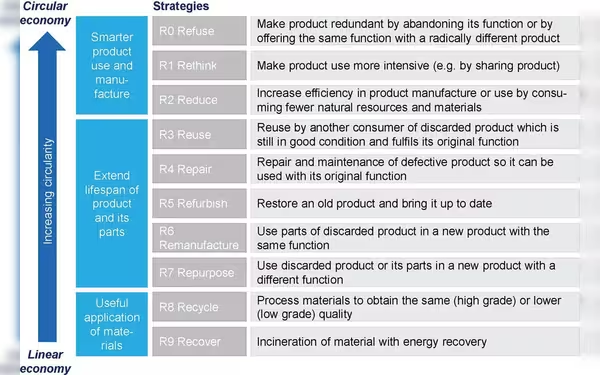Tuesday, July 2, 2024 04:28 PM
Government urged to rethink anti-encroachment strategies
- Selective targeting of poor undermines public trust in development efforts
- Focus on job creation and rehabilitation for sustainable urban development
- Inclusive approach needed to prevent social unrest and deepen inequalities
 Image Credits: Issuu
Image Credits: IssuuThe article highlights the negative impact of anti-encroachment drives on marginalized communities and suggests a more inclusive and sustainable approach to urban development.
Development efforts can sometimes inadvertently weaken civic society, as seen in the case of anti-encroachment drives. Encroachment, defined as trespassing on government-managed property, is a legitimate concern addressed by laws like the Punjab Local Government Act. However, when these efforts disproportionately target the poor over the elite, public trust is eroded, hindering societal progress.
Anti-encroachment campaigns, often aimed at street vendors and informal settlements, raise questions about their effectiveness and fairness. By focusing on marginalized vendors, these drives may not be the most strategic approach to development, potentially leading to increased unemployment and criminal activities.
In cities like Karachi, where economic hardships and recent crises have driven people to seek refuge, displacing individuals through anti-encroachment measures could exacerbate social unrest and crime rates. The selective enforcement of these actions further deepens feelings of injustice among disadvantaged communities, perpetuating a classist divide.
Moreover, the execution of anti-encroachment initiatives, particularly when publicized for social media visibility, can breed resentment and disillusionment. By targeting the vulnerable while turning a blind eye to elite encroachments, government authorities risk alienating the very people they aim to assist, further destabilizing society.
Instead of resorting to harsh anti-encroachment tactics, it is crucial for the state to address systemic inequalities and provide sustainable solutions for resettling affected individuals. By focusing on job creation, vocational training, and rehabilitation programs, a more inclusive and effective approach to urban development can be achieved, fostering stability and hope for all citizens.
Anti-encroachment drives, while well-intentioned, must be carefully implemented to avoid exacerbating social inequalities and unrest. Sustainable solutions that address the root causes of encroachment and provide support to affected communities are essential for building a more equitable and stable society. By prioritizing inclusivity and fairness in development initiatives, governments can create lasting positive change that benefits all citizens.













